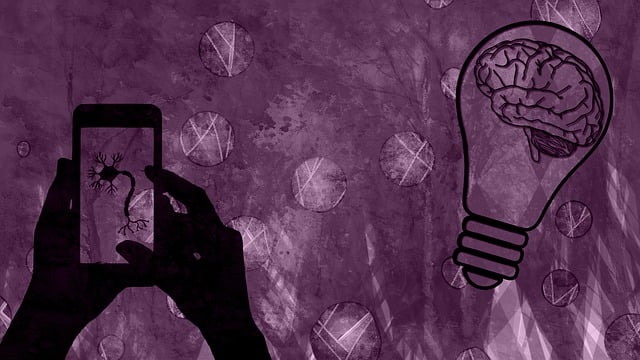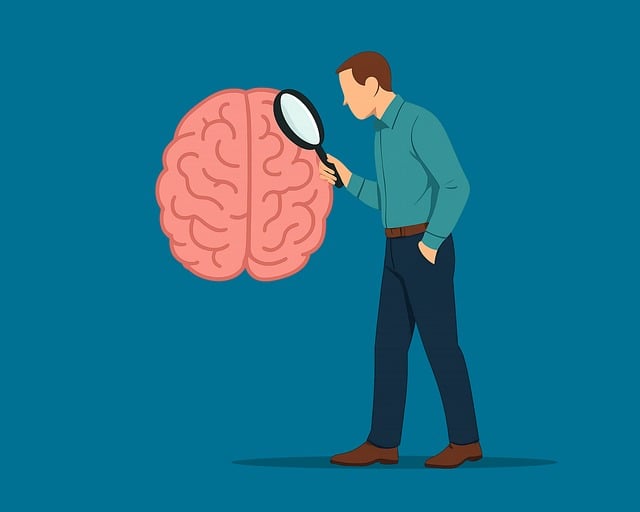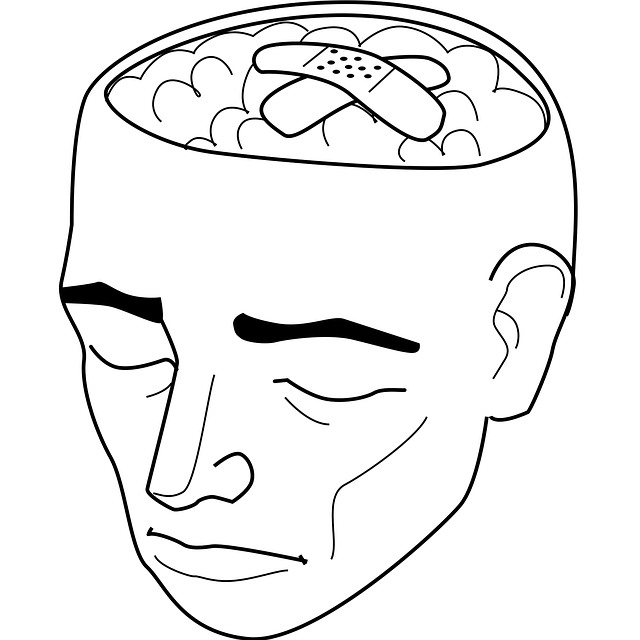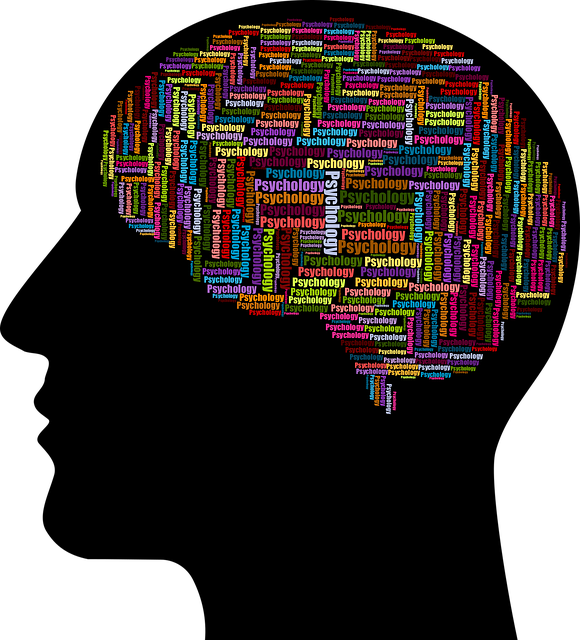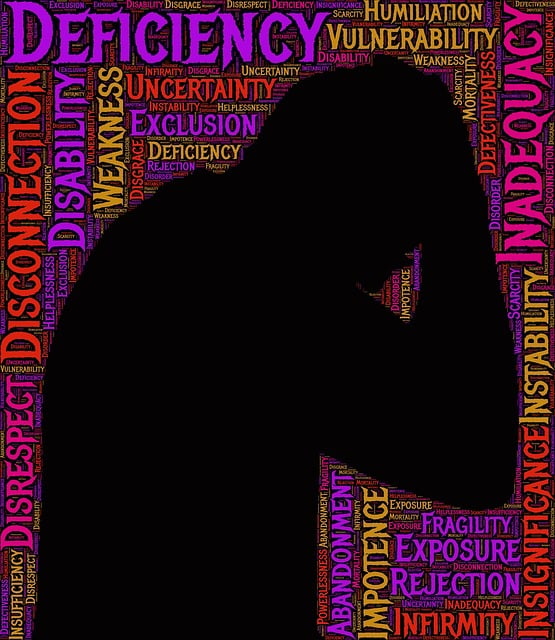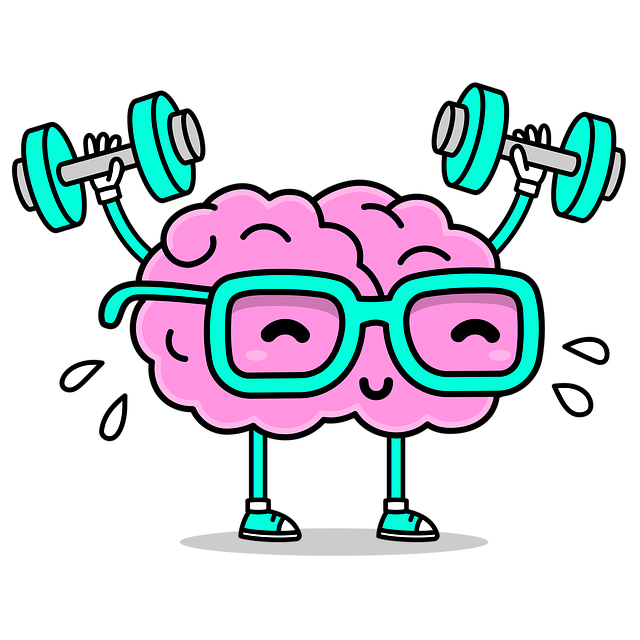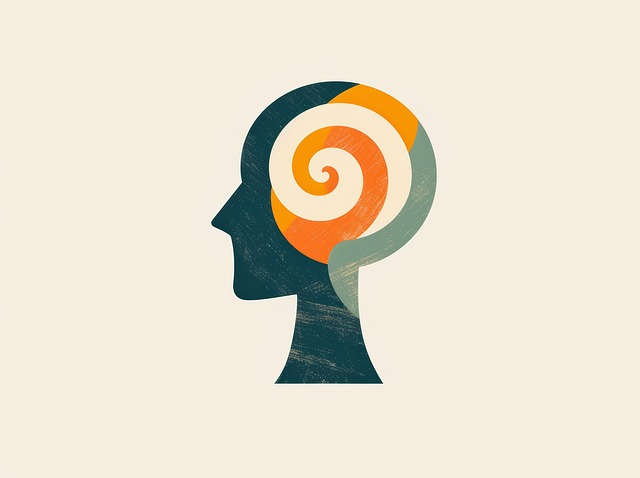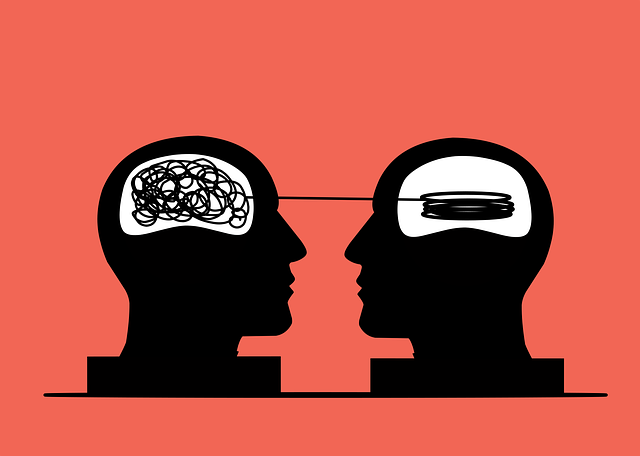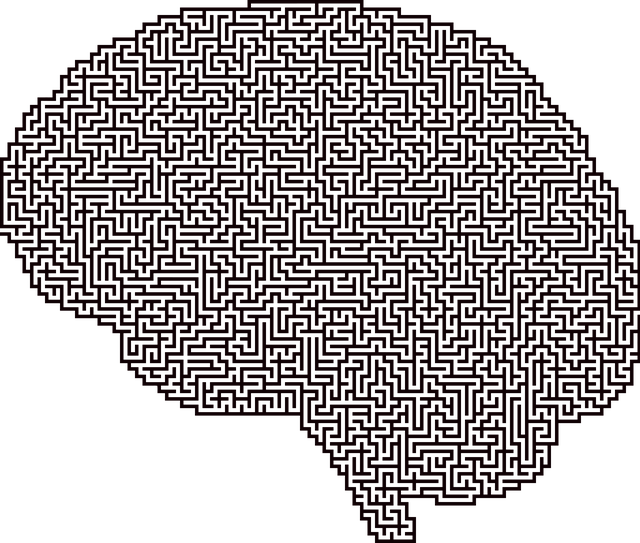Mental health education programs play a pivotal role in destigmatizing mental illness, encouraging early intervention, and fostering supportive communities. Tailored for diverse audiences, these initiatives focus on raising awareness about conditions, symptoms, and treatment options, including Lafayette Sexual Dysfunction Therapy (LSDT). LSDT goes beyond traditional therapy with holistic approaches, positive thinking, and mind over matter principles. Interactive workshops, discussions, and personalized sessions create safe spaces to explore sensitive topics, empowering individuals to navigate sexual experiences with confidence and self-acceptance while addressing cultural sensitivities for inclusivity.
In today’s digital era, mental health education is more crucial than ever. This article explores comprehensive program design, focusing on breaking down stigma and promoting awareness around mental health. We delve into key components and strategies for creating effective programs, using Lafayette Sexual Dysfunction Therapy as a case study to address specific needs and challenges within diverse populations. By navigating these aspects, we aim to revolutionize mental health education and foster better overall well-being.
- Understanding Mental Health: Breaking Down Stigma and Promoting Awareness
- Designing an Effective Education Program: Key Components and Strategies
- Implementing Lafayette Sexual Dysfunction Therapy: Addressing Specific Needs and Challenges
Understanding Mental Health: Breaking Down Stigma and Promoting Awareness

Mental health education programs play a pivotal role in shaping public understanding and breaking down the barriers associated with mental illness. One of the primary objectives is to destigmatize mental health issues, which often prevent individuals from seeking necessary support. By educating communities, schools, and workplaces about various aspects of mental well-being, these programs can foster an environment of empathy, compassion, and early intervention.
Promoting awareness involves discussing different forms of mental health conditions, their symptoms, and the available treatment options. Integrating topics like stress reduction methods, communication strategies, and risk management planning for mental health professionals is essential. For instance, teaching effective communication skills can enhance support networks within communities, while understanding risk factors enables early identification and intervention. This comprehensive approach, tailored to diverse audiences, such as students, working adults, or those seeking Lafayette Sexual Dysfunction Therapy, ensures that mental health education remains accessible and impactful.
Designing an Effective Education Program: Key Components and Strategies

Designing an effective mental health education program requires a structured approach that addresses key components for optimal impact. Firstly, identify the target audience and their specific needs, whether it’s students, working professionals, or individuals dealing with particular issues like Lafayette Sexual Dysfunction Therapy. Customizing content to resonate with participants enhances engagement and learning outcomes. Incorporate interactive activities such as group discussions, workshops, or role-playing exercises that encourage active participation. These methods facilitate better comprehension and skill retention.
Additionally, focus on building resilience, a crucial aspect of emotional well-being. Teach strategies for stress management, anxiety relief, and emotional regulation to equip individuals with tools to navigate challenges. Integrate real-life scenarios and success stories to illustrate the practical application of learned concepts. Regular feedback from participants is invaluable for refining the program, ensuring it remains relevant and effective in addressing contemporary mental health concerns.
Implementing Lafayette Sexual Dysfunction Therapy: Addressing Specific Needs and Challenges

Implementing Lafayette Sexual Dysfunction Therapy (LSDT) within a mental health education program requires a nuanced approach to address unique needs and challenges. LSDT goes beyond traditional therapy by incorporating mind over matter principles, fostering positive thinking, and promoting holistic mental wellness coaching programs development. This tailored method recognizes the interconnectedness of sexual health with overall psychological well-being.
By integrating LSDT, educators can create safe spaces for participants to explore sensitive topics openly. Through interactive workshops, group discussions, and personalized sessions, individuals gain tools to navigate their sexual experiences with confidence and self-acceptance. Tailoring these programs to diverse populations considers cultural sensitivities, ensuring inclusivity and effectiveness in promoting mental health awareness and empowerment.
Mental health education programs, such as Lafayette Sexual Dysfunction Therapy, play a pivotal role in breaking down stigma, promoting awareness, and addressing specific needs. By incorporating key components like interactive workshops, expert panels, and peer support, these programs foster understanding and encourage help-seeking behaviors. As we navigate the complexities of mental health, it’s essential to continue refining and implementing effective education initiatives that resonate with diverse audiences. This holistic approach ensures individuals receive the necessary tools and resources for improved well-being.
